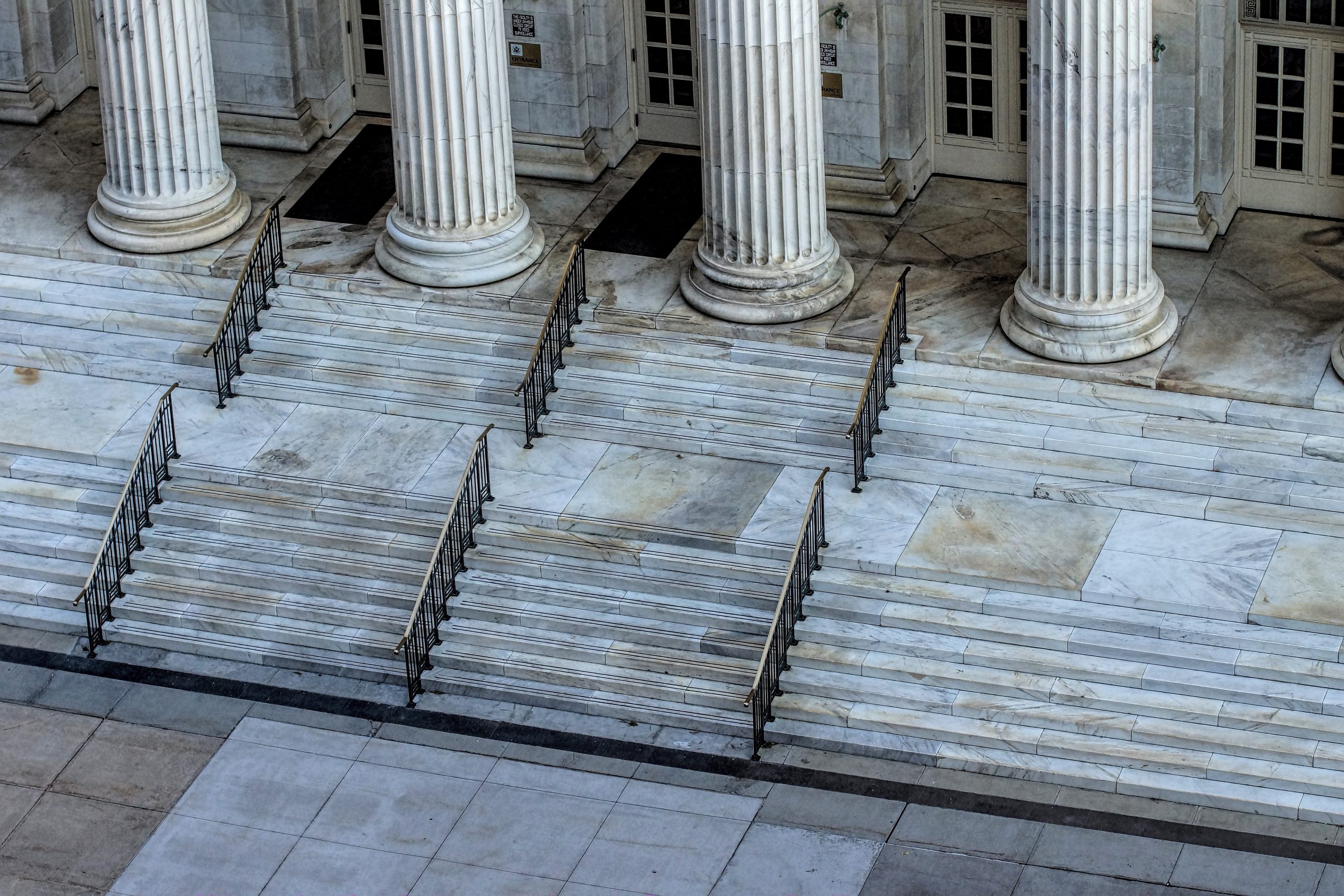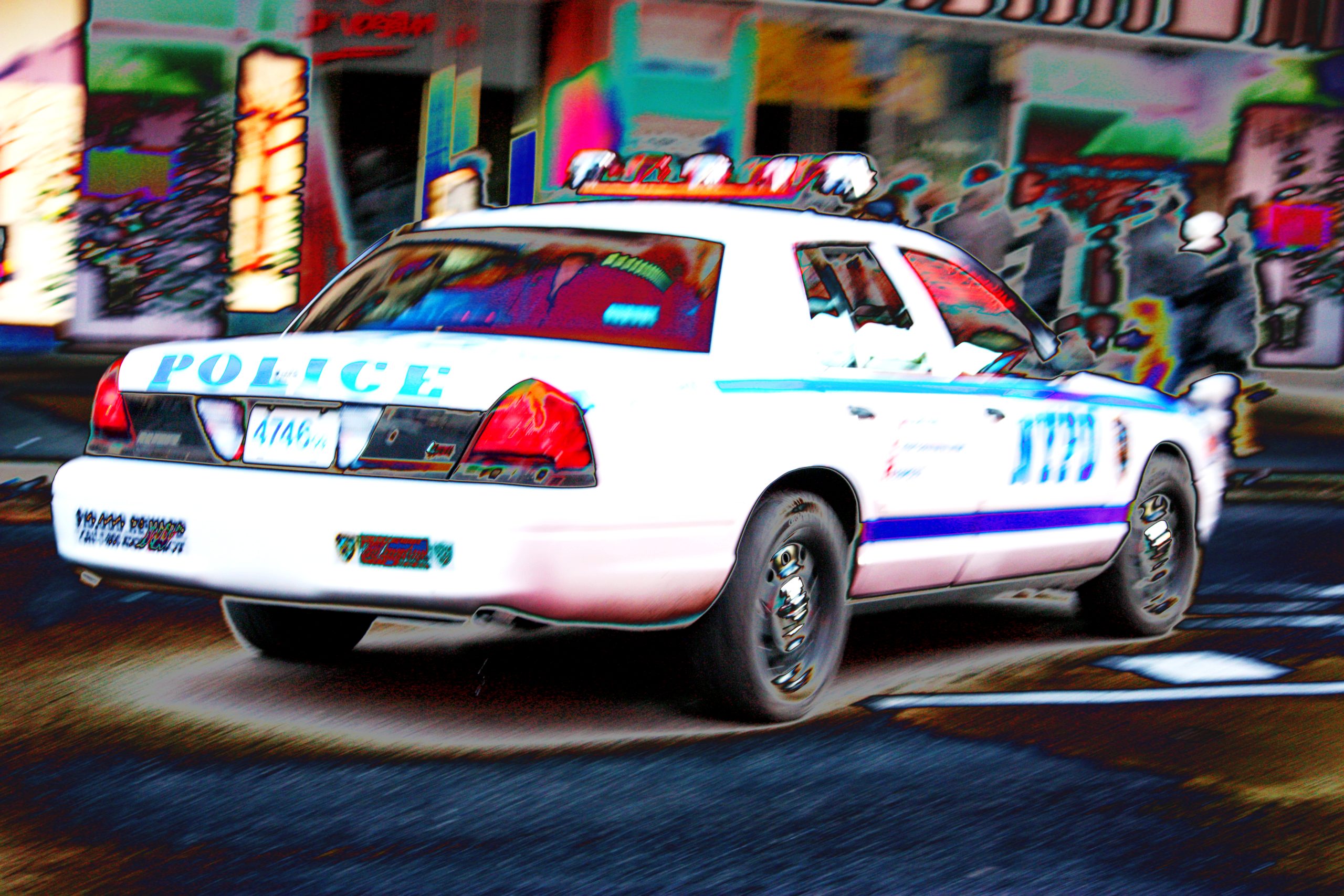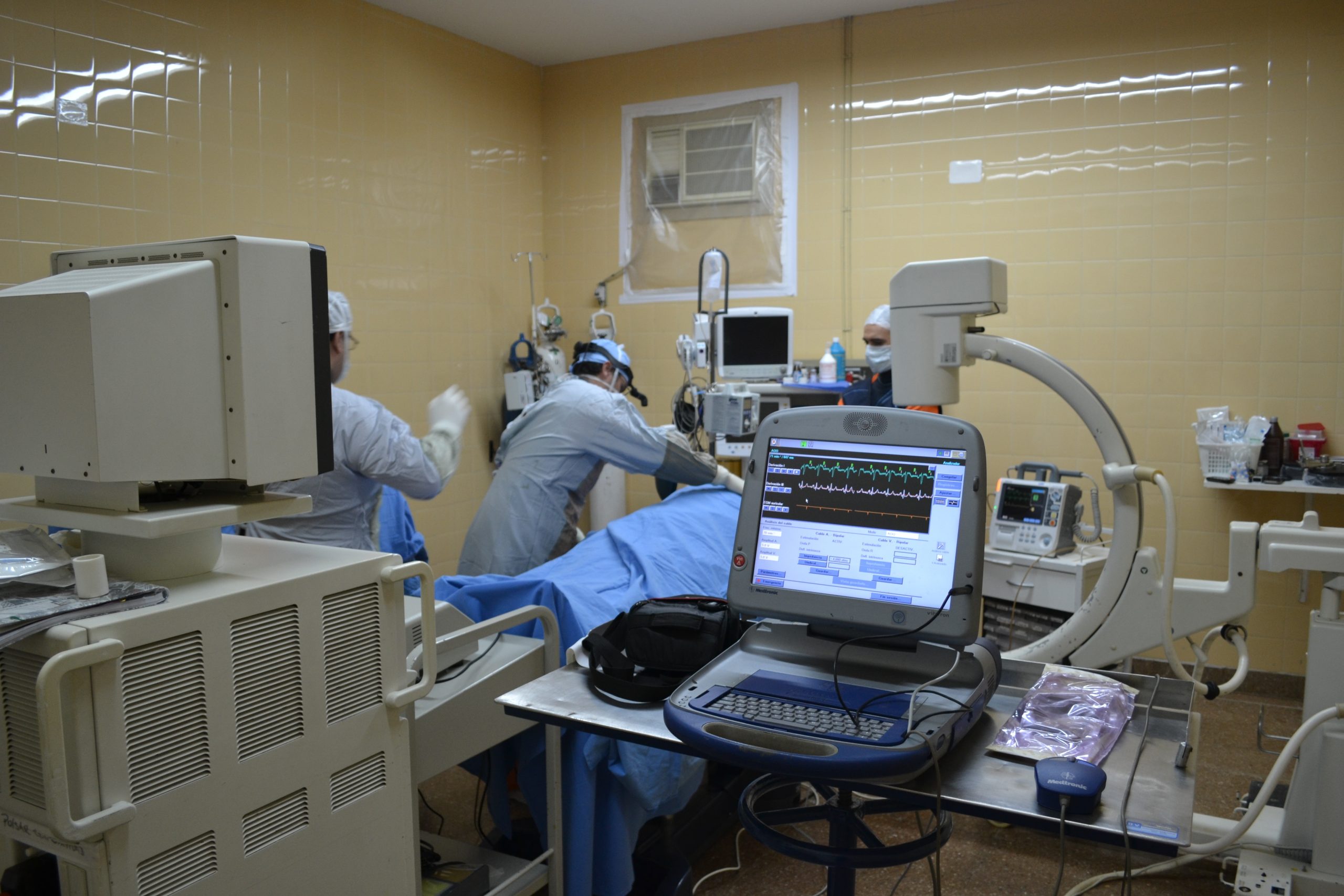 Everyone knows it is a bad idea to drive under the influence of alcohol. However, even if you are in the unfortunate situation of being arrested for drinking and driving, you still have constitutional rights. Nonetheless, it is important to be aware of the possible penalties you could face, including having your driver’s license suspended. These consequences can become even more severe if you are a repeat offender.
Everyone knows it is a bad idea to drive under the influence of alcohol. However, even if you are in the unfortunate situation of being arrested for drinking and driving, you still have constitutional rights. Nonetheless, it is important to be aware of the possible penalties you could face, including having your driver’s license suspended. These consequences can become even more severe if you are a repeat offender.
David Carver was arrested multiple times for driving while intoxicated (“DWI”) under La. R.S. 14:98. The first time, he did not receive a conviction as he participated in a diversion program. He pled guilty to the DWI the second time and was placed on probation. Because Carver refused to take the test for intoxication, his driver’s license was suspended. Although Carver attempted to have his license reinstated, the State denied the restatement because he had refused to submit to the chemical test. La. R.S. 32:667 prohibits reinstating someone’s license who refuses to take the chemical test for a second or subsequent arrest, which occurred here.
The State later reinstated his license on the condition that he install an ignition interlock device. Carver filed a motion arguing that certain sections of La. R.S. 32:667 were unconstitutional. The district court held that sections (H)(3) and (I)(1)(a) of La. R.S. 32:667 were unconstitutional because they violated the Due Process Clauses found in the Constitutions of Louisiana and the United States. Specifically, these provisions provided punishments based upon a prior arrest, not on prior illegal conduct that had been proven. The State appealed.
 Insurance Dispute Lawyer Blog
Insurance Dispute Lawyer Blog


 The legal system has neither time nor resources to waste, so courts refrain from entertaining frivolous lawsuits that lack serious or sincere claims. Moreover, in such cases where a court determines that a lawsuit is frivolous, the court will render a judgment against the party who brought the lawsuit and can also order that party to pay damages, including the other party’s attorney fees. For these reasons, it is critical to consult with an excellent attorney before such cases are brought before a court.
The legal system has neither time nor resources to waste, so courts refrain from entertaining frivolous lawsuits that lack serious or sincere claims. Moreover, in such cases where a court determines that a lawsuit is frivolous, the court will render a judgment against the party who brought the lawsuit and can also order that party to pay damages, including the other party’s attorney fees. For these reasons, it is critical to consult with an excellent attorney before such cases are brought before a court. Allocating damages in a wrongful death case is challenging because putting a price on a life is hard. Therefore, if a family in a wrongful death case feels the jury abused its discretion in calculating that monetary value, then the family can resort to a motion for JNOV to try and correct the decision. However, this is a rigorous standard, and a recent case out of Baton Rouge outlines how a court reviews these motions.
Allocating damages in a wrongful death case is challenging because putting a price on a life is hard. Therefore, if a family in a wrongful death case feels the jury abused its discretion in calculating that monetary value, then the family can resort to a motion for JNOV to try and correct the decision. However, this is a rigorous standard, and a recent case out of Baton Rouge outlines how a court reviews these motions.  Medical malpractice claims are brought when a patient is a victim of negligence at the hands of their physician. Due to the nature of this category of claims, stories of medical malpractice are often horror stories showcasing worst-case scenarios. Even further, the most intense medical malpractice claims result in the death of the patient. Understandably, the patient’s family may seek to find responsibility for the death of their loved one. In the following lawsuit, a family fails to show the legal requirements to bring a medical malpractice claim after their family member died during surgery.
Medical malpractice claims are brought when a patient is a victim of negligence at the hands of their physician. Due to the nature of this category of claims, stories of medical malpractice are often horror stories showcasing worst-case scenarios. Even further, the most intense medical malpractice claims result in the death of the patient. Understandably, the patient’s family may seek to find responsibility for the death of their loved one. In the following lawsuit, a family fails to show the legal requirements to bring a medical malpractice claim after their family member died during surgery.  Police 0fficers are public servants responsible to the taxpayers and their profession. When an officer violates the rules of the
Police 0fficers are public servants responsible to the taxpayers and their profession. When an officer violates the rules of the  Personal injury lawsuits can be complicated, especially when they involve injuries sustained while shopping. Mary Mason found herself in this situation at a Burlington store in Lafayette, Louisiana, when a chair collapsed as she sat on it, causing her to fall and sustain injuries. Despite suing Burlington and claiming negligence, her case was dismissed due to a lack of evidence. This case highlights the importance of having experienced legal counsel to guide you through the lawsuit process. It also answers the question, what is Res Ipsa Loquitor?
Personal injury lawsuits can be complicated, especially when they involve injuries sustained while shopping. Mary Mason found herself in this situation at a Burlington store in Lafayette, Louisiana, when a chair collapsed as she sat on it, causing her to fall and sustain injuries. Despite suing Burlington and claiming negligence, her case was dismissed due to a lack of evidence. This case highlights the importance of having experienced legal counsel to guide you through the lawsuit process. It also answers the question, what is Res Ipsa Loquitor? Parties in conflict often prefer out-of-court dispute resolution. Although these agreements made outside the courtroom are appealing, they come with their slew of issues and may require a courtroom to enforce an out-of-court solution. When a deal outside the courtroom requires a court to intervene, how does that court decide whether to enforce the settlement agreement? And in the era of virtual communication and remote dispute resolution, how can a court decide when virtually made agreements are enforceable and binding on the parties?
Parties in conflict often prefer out-of-court dispute resolution. Although these agreements made outside the courtroom are appealing, they come with their slew of issues and may require a courtroom to enforce an out-of-court solution. When a deal outside the courtroom requires a court to intervene, how does that court decide whether to enforce the settlement agreement? And in the era of virtual communication and remote dispute resolution, how can a court decide when virtually made agreements are enforceable and binding on the parties? While much maligned in the popular consciousness, medical malpractice lawsuits serve a vital function in protecting patients’ rights when accessing healthcare. In Louisiana, a successful medical malpractice lawsuit must show the physician being sued had a standard of care for their patient, the physician violated this standard of care, and there was a connection between this violation and the injury suffered by the patient.
While much maligned in the popular consciousness, medical malpractice lawsuits serve a vital function in protecting patients’ rights when accessing healthcare. In Louisiana, a successful medical malpractice lawsuit must show the physician being sued had a standard of care for their patient, the physician violated this standard of care, and there was a connection between this violation and the injury suffered by the patient. The senior prom usually allows students to dress up and mingle with their classmates and chaperones. Often this is the last chance that some students will get to hang out with classmates before they graduate. Yet some students at
The senior prom usually allows students to dress up and mingle with their classmates and chaperones. Often this is the last chance that some students will get to hang out with classmates before they graduate. Yet some students at  You think that when you’re being taken care of by hospital personnel, you are in safe hands and do not have to fear for your safety. However, if you are injured when being moved from a hospital cart to your bed, can you claim negligence based on
You think that when you’re being taken care of by hospital personnel, you are in safe hands and do not have to fear for your safety. However, if you are injured when being moved from a hospital cart to your bed, can you claim negligence based on